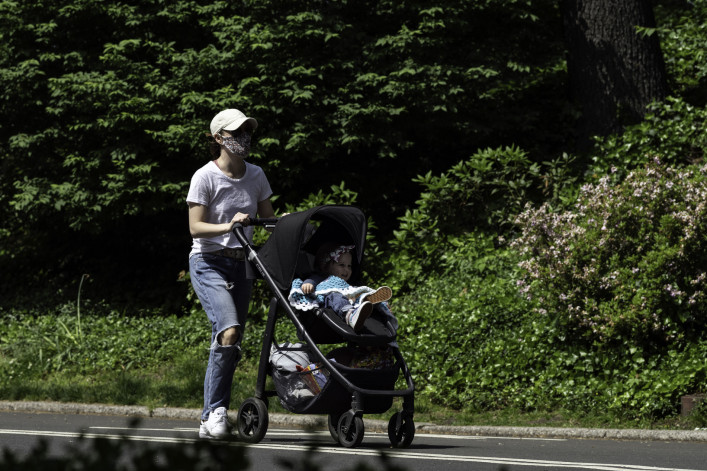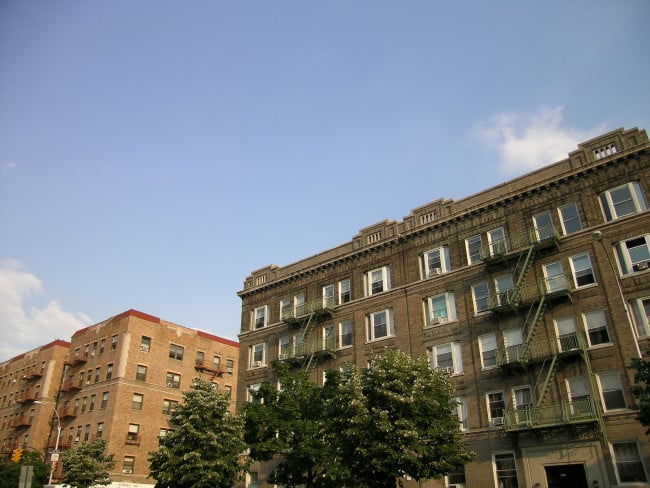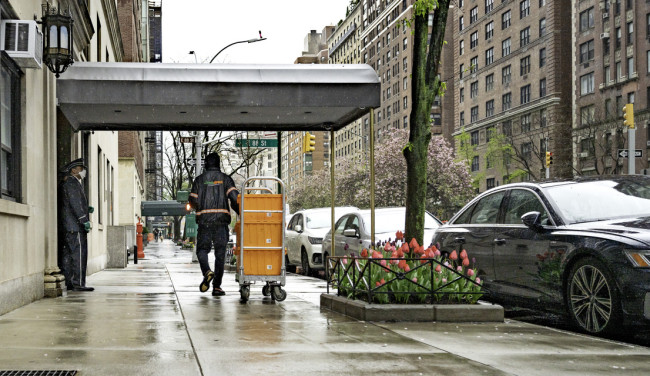Tips for sitters and housekeepers returning to work in NYC

If your babysitter or housekeeper is returning to work for you, there are some safety and ethical considerations to think about in the coronavirus era.
iStock
New York City is taking tentative steps toward reopening, and families that hire sitters and house cleaners are considering ways to have them return to work safely.
Without a vaccine, that safety is of course a two-way street. Just as you don’t want to risk infection for you and your family, you don’t want a sitter or housekeeper getting infected, or to bring the infection home to a potentially more vulnerable community. As Roxanne Gay writes in The New York Times, “You’re worrying about getting sick from your ‘wonderful’ cleaning lady while she is probably worrying about how to support her family while staying safe and healthy.”
Governor Andrew Cuomo designated childcare providers as essential workers, and they were allowed to keep operating through the pandemic, especially those that were providing care for the children of essential workers, according to Jeannine M. Smith, deputy director of communications for New York’s Office of Children and Family Services. Some New York parents asked their sitters to continue to come to work, and some did not (and some asked their housekeepers to work, even though they were not considered essential workers.)
With NYC entering Phase 1 on June 8th, it’s reasonable to expect that more housekeepers and sitters will be heading back to work sometime in the coming weeks or months. If your babysitter or housekeeper is returning to work for you, there are some safety and ethical considerations to think about in the coronavirus era.
Click here for more of Brick Underground's coronavirus coverage.
First up, the big question: If there’s no vaccine, is it risky to have employees coming into your apartment for extended periods?
“The short answer is that there is a certain amount of risk and we each have to decide what we can live with,” says Dr. Jessica Stetz, an ER physician at SUNY Downstate Medical Center in Brooklyn. The usual recommendations of hand washing and wearing a mask apply here—although she acknowledges those aren’t practical with kids and sitters all of the time.
Keep the circle small, and pay for it
Parents juggling their own family and work often consider a babysitter part of their family “circle,” David Cennimo, a physician and assistant professor of medicine specializing in pediatric infectious diseases at Rutgers University, tells Vox.
But widening your circle in this way exposes you to more risk. If you want to make sure your sitter doesn’t see other clients, you can ask to pay her not to do so. But, as Vox points out, what if her son drives for a ride-share company? There’s much beyond your control. Be sure to have a conversation about both families’ routines and social distancing practices, Cennimo says.
Download a checklist
National Workers Domestic Alliance, in partnership with the organization Hand in Hand, prepared some guidance for nannies and housekeepers returning to work as states open up, including checklists that you can download.
Tips for a nanny returning to work include: Determining the safest transportation option, regular household temperature checks, and committing to social distancing and masks in public. In addition, you should consider creating or amending a work agreement, and adjusting pay for extra hours and risk level.
For housekeepers, the suggestions are similar, with several additional, practical recommendations, such as provide good ventilation by opening windows or doors. You can also really help your housekeeper by helping them find additional work with strong recommendations and consider giving them an early holiday tip.
Ask yourself to do the right thing
Gay writes in The Times, “This pandemic has revealed just how pronounced the class fractures in our society are.” It exposed how many people have no safety net. Consider the insult of essential workers having to work during the shutdown for minimum wage, often with no safety gear or adequate health insurance.
So, you can consider this an opportunity to do the right thing by your nanny or house cleaner and be an ethical employer.
Dr. Stetz says she hopes one important outcome of the pandemic “will be paid sick time for all and changing this culture of presenteeism.” She hopes New Yorkers will drop the compulsion to work even if they are sick—and also stop expecting housekeepers and nannies to work if they are ill.
“It’s a toughie. We have some deep soul searching to do. And the protests are really bringing it to the fore. No more sweeping the inequity under the carpet. The fabric of our society feels like it is unraveling,” she says.
Her own housekeeper was coming for the first time in June, after Dr. Stetz paid her to stay home for two months.
You Might Also Like



























